Cesare was born in Cadore, a northern town of Venice in 1521. He was most likely apprenticed to Titian’s brother, Francesco Vecellio and then later worked for Titian. (Titian was his cousin once removed) Cesare drew upon numerous sources including wall paintings in Padua, old frescoes and portraits in private houses, various Venetian painters, booksellers and his own travels.
In The Clothing of the Renaissance World by Margaret F. Rosenthal and Ann Rosalind Jones, Cesare’s commentary is translated and beautifully printed into one breathtaking, gigantic 560 page work of art. This book is crack for Renaissance lovers. If you are a costume designer, Renaissance author, illustrator or just fascinated by the clothing of this period, I strongly recommend that you get this book. (Link below)
Here are some of my favorites:
Does this hat make my head look fat?
The Dogalina was worn by nobleman and was distinguished by its ridiculously wide sleeves. You have to imagine that these sleeves would often end up in your soup. Cesare fails to comment on the hat.
Don’t Laugh. You would overcompensate too if you were wearing these pants.
Freud would have had a field day with this Persian foot soldier. Vecellio described his costume as, “ practical and worn by people who have to fight in situations calling for agility and speed.” (1) But the phallic hat must have slowed him down.
Darn it. Botticelli made this look so easy.
If you think today’s beauty standards are hard, you should have seen what the Venetian lovelies had to go through. Going blonde in Renaissance Venice was de rigueur for every young lady, but those Botticelli locks didn’t come easy. Women would sit on special rooftops designed just for dying their hair called a terrazzo. They would then wear a large brimmed hat with a hole in the center called a solona and soak their hair with sponges dipped in liquid (composed of quick lime and other noxious ingredients.) The process took all day and Cesare was not a fan of such vanities.
Girlfriend….Pants are so last century.
It may seem like this young Venetian lad is showing a bit too much buttocks, but his look was the epitome of virtue. How do we know this? The circlet of gold he wears around his head was only worn by virgins.
Notes:
p. 506, Jones and Rosenthal
Sources and Further Reading:
Rosenthal, Margaret F. and Jones, Ann Rosalind. The Clothing of the Renaissance World, Thames and Hudson, 2008

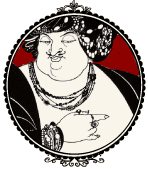

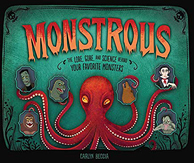
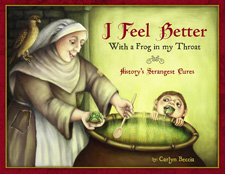
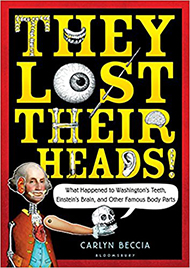


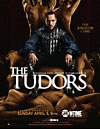

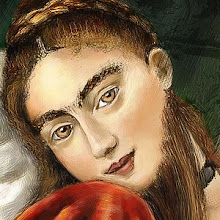






2 comments:
Delightful post Carlyn!
That Persiano style cracks me up!
H
Looks like a fabulous book. I have just ordered it. Thanks for the post.
Post a Comment